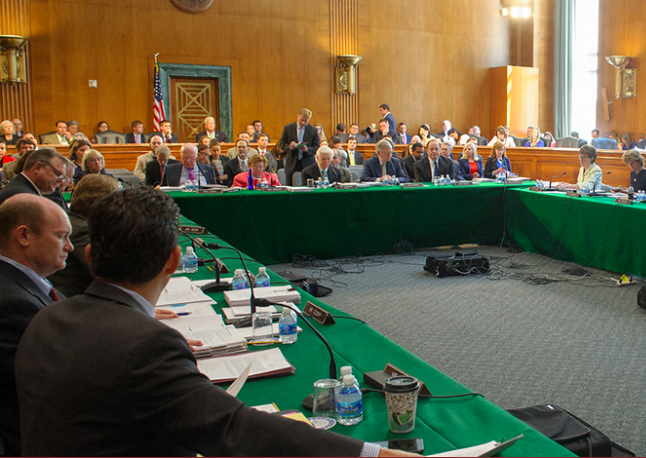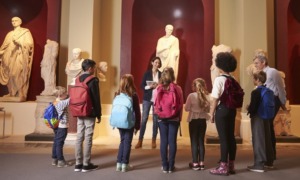Supporters of after-school programs are closely following actions in Congress to see whether federal funding will be maintained.
The major federal funding stream, the 21st Century Community Learning Centers initiative, provides grants that support 11,512 programs serving nearly 1.7 million children across the country, according to the U.S. Department of Education.
On Thursday, the Senate Appropriations Committee voted to fully fund the program at its current level of $1.92 billion.
“We were pleased to see that,” said Erik Peterson, vice president of policy at the Afterschool Alliance, the after-school advocacy group in Washington, D.C..
However, in July, the House Appropriations Committee voted to lessen funding by nearly $192 million.
The full House is expected to vote next week on that bill, Peterson said.
Then it will be up to the House and Senate to reconcile their differences in conference committee before a Dec. 8 deadline. President Donald Trump and leaders of Congress have agreed on a continuing resolution to fund the government until that date.
Last spring, the picture for after-school funding was much dimmer. Trump had proposed ending all federal funding for after-school programs.
“We have come a long way since then,” Peterson said. “A whole host of folks … weighed in with Congress to make the case that 21st Century is a key funding stream.”
But many factors will come into play as Congress negotiates a budget this fall, including disaster relief, tax cuts and funds for a border wall, he said. “Anything could happen.”
The $192 million difference between the House and Senate bills is a big difference, according to the Afterschool Alliance. As a result, 192,000 children could lose access to after-school programs, the organization said in a statement.
Their message is that many more kids and families need after-school programs than are currently available and that competition for the federal grants is high.
A recent poll of attitudes toward public schools, the PDK poll, showed that 92 percent of people who responded said schools should provide after-school programs.































